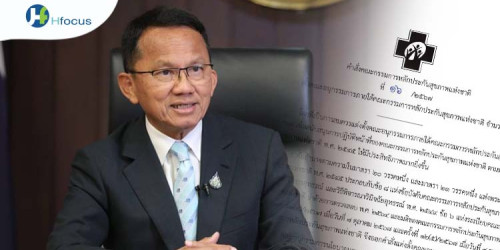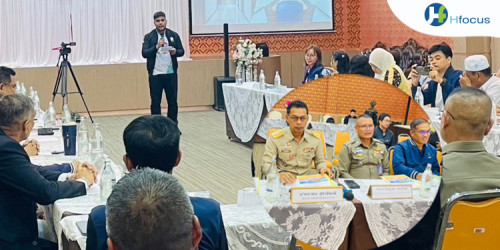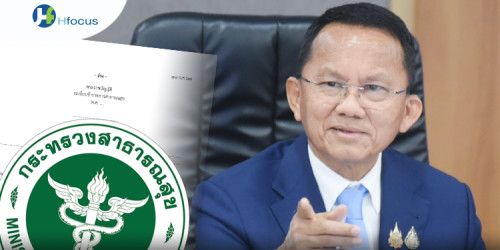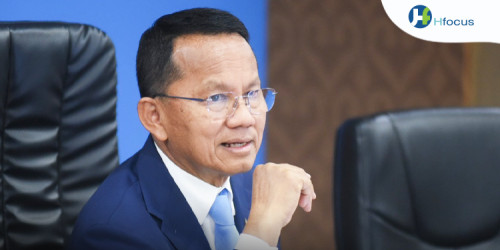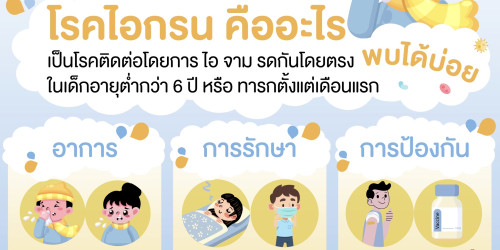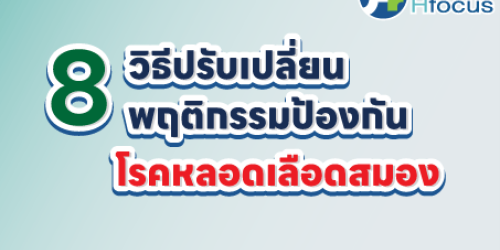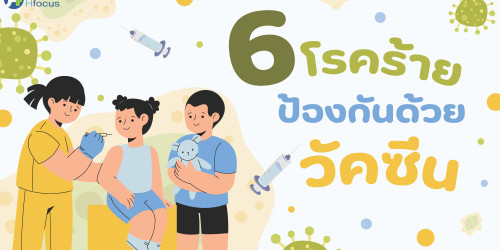A breakthrough joint medical study on an anti-Aids drug by the US and Bangkok City Hall has highlighted the need to address again the problem with health costs and, more importantly,the politically toxic issue of compulsory licensing, known as CL.
The facts are simple, and they are politically intimidating. There really are only two that matter.
First, the study proved beyond doubt that the drug tenofovir stops HIV infections to more than half of the abusers who inject heroin, methamphetamine and other illicit drugs.
Second, US drug abusers pay more than US$14,000 a year 428,000 baht for the only approved version of tenofovir,trade name Truvada, made by Gilead Sciences Inc. In Thailand, tenofovir can be produced for $360 a year, or less than 11,000 baht.
The study represents a new use for tenofovir, which is already a well-known anti-Aids drug often prescribed alone or in cocktails for those with HIV or Aids.But the study's conclusion that it is an effective preventative lends new status to the medication.
In Thailand, where a few cases of compulsory licensing in 2007 caused massive trade and diplomatic problems, tenofovir is in a kind of legal limbo. While it has not been submitted for CL, neither has it won a Thai patent, a step needed to legalise that 428,000 baht-per-patient cost.
The tenofovir used in the field study with drug abusers was produced by the Government Pharmaceutical Organisation (GPO). Despite a somewhat murky legal status, it is available at some pharmacies,hospitals and clinics.
The study, funded by the US Centres for Disease Control and Prevention (CDC)and the Bangkok Metropolitan Administration (BMA), should bring increased calls for patent-busting on the drug.
That is because its efficacy as an HIV prevention is no longer in doubt.
A fact sheet from the CDC says the Bangkok field trials proved that tenofovir cuts HIV infections by at least 47%, even if users sometimes forget to take the medicine. Used as directed, it is up to 74%effective in shutting down HIV infections among chronic injectors of heroin,ya ba and other drugs.
Authorities already had recommended use of the drug by gay men and heterosexual couples at high risk of catching HIV, the virus that causes Aids.
Authorities have withheld officially issuing a Thai patent for tenofovir. There have been calls for the government to declare the drug is necessary for a public health crisis the first step in a process whereby Thailand could issue a compulsory licence, and openly produce a generic version at the GPO.
Compulsory licensing has caused serious problems in trade and diplomatic relations in recent years.
In early 2007, the government approved compulsory licensing for three Aids and heart drugs, freeing them from patents and excessive market prices. The big drug companies complained to Washington.The US Trade Representative, even while acknowledging Thailand had acted legally,elevated the country to the status of world's worst intellectual property (IP) violator on the Special 301 Report blacklist, and it has stayed there ever since.
The most recent report, issued on May 1, called again on Thailand to take a new stance on CL. As a result, Thailand for the same six years has shied away from both a US-Thailand Free Trade Agreement and President Barack Obama's somewhat sickly but highly secretive Trans-Pacific Partnership, which would make US patents unbreakable, worldwide.
Big Pharma has lobbied hard with the US government to punish Thailand for CL. Successive governments military junta, Democrat and Pheu Thai have resisted US pressure to end compulsory licensing, but have also refused to issue another licence since 2007.
Truvada, the trade name for Gilead's tenofovir, came on the market in 2004 to treat people who already have HIV. Since then,six studies have been done in different high risk groups to see if it could prevent infections. Two failed but health officials believe those results were skewed because many participants did not take the drugs faithfully.
The new studies in Thailand showed that tenofovir protected many drug users.The sum of all volunteers who took the daily pill proved about 50% less likely to become infected than those given a dummy pill, or placebo.
Formal results of the study were also published last week in the peer-reviewed journal The Lancet , along with the names of the medical teams involved in what became known as the Bangkok Tenofovir Study Group.
"In this study, daily oral tenofovir reduced the risk of HIV infection in people who inject drugs," concluded The Lancet's article.
Tenofovir blocks the human immun-odeficiency virus (HIV) from making copies and spreading through the body. People who inject drugs can spread the Aids virus to others through sharing tainted needles or sex.
Based on the study's conclusions, the CDC recommended that doctors consider prescribing tenofovir to those who inject drugs.
How many people already take the drug to protect against infection isn't known; the CDC only began recommending it for that purpose in the last two years. And of course there is also the cost of the drug to consider.
The latest study was the first among people who all inject drugs. It looked at about 2,400 uninfected patients at 17 drug treatment clinics in Bangkok. Half the participants received daily tenofovir and half were given a dummy pill. All also were given condoms and counselling to discourage the spread of HIV.
Over the next four years, risky behaviours like sharing needles and having multiple sex partners fell at equal rates in both groups. There were 17 HIV infections in the tenofovir group compared with 33 in the group given dummy pills. That meant the treated group's risk was reduced by 49%.
International health officials celebrated the findings as an important advance.
"Piece by piece, scientific advances are paving the way to the end of the Aids epidemic," UNAids executive director Michel Sidibe said.
Alan Dawson is former UPI bureau chief and summary page editor of the Bangkok Post.
Source: Bangkok Post June 17, 2013
- 5 views

